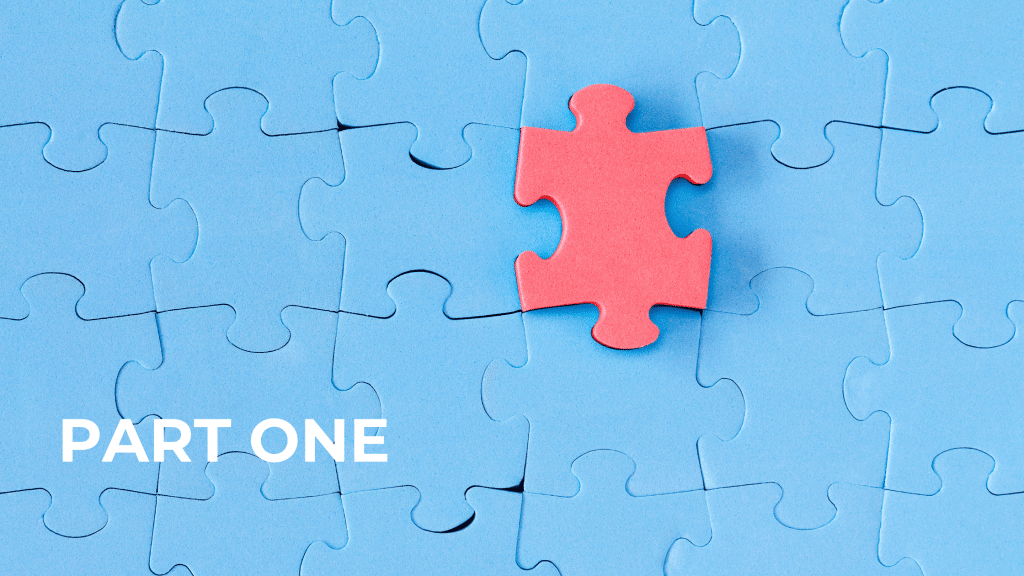Do you regularly feel anxious or worried when presented with a complex task or issue at work?
Do you often feel overwhelmed by the complexity of a problem and lack confidence that you will perform well?
I could have felt that way when I started a new role and discovered I was expected to get more than triple the number of medical graduates through their mandatory intern training requirements within three years when many believed training was already at capacity.

Many felt that after only graduating a couple of hundred medical students each year for over a decade, increasing the annual number of domestic graduates to seven hundred would be equivalent to a tsunami.
However, I wasn’t overwhelmed by the challenge of turning a ship like the Titanic and avoiding the iceberg. I was mainly excited.
These doctors would care for me and my family in future years. I had a vested interest in making sure training standards weren’t diminished.
I wasn’t only excited because I tend to be purpose driven. I knew that because of the size and complexity of the challenge, no one expected our team to solve it all by ourselves. And I had confidence that many smart people in the system could help me understand the challenges and surface options for overcoming them.
Knowing I had some time meant that if I got cracking, I had time to engage a broad range of people to explore the problem, experiment and then nurture the options with the most promise.
Rather than being overwhelmed by the complexity, I saw it as a treasure hunt. A hunt where hidden gems of knowledge, insights, and opportunities were waiting to be discovered.
We started with an options paper that included safe solutions that we knew wouldn’t go far enough and ‘out there’ ideas that challenged people’s thinking. We met with many people, including the frontline doctors training Interns.
In the first year, we didn’t make much progress. However, when we asked people to respond to the second options paper, some of our ideas started to bear fruit.
People began to adopt some of our original ‘out there’ solutions as their own, and some frontline doctors proposed even more innovative solutions.
Then our role changed from generating ideas to stewarding the best and most promising ideas, so they survived the bureaucracy of government, medical colleges and accreditation bodies. We kept asking questions like ‘What’s stopping this from happening’ and ‘Can we change it’.
There were times I did have doubts we would get across the line, but as Susan Jeffers said, I chose to “feel the fear and do it anyway“. And by working collectively, we did!
The next time a complex challenge is added to your performance agreement, stop and ask yourself, ‘Is this for me to solve alone, or am I tasked with leading the process to find a way through?’
Knowing you’re not alone and that you don’t have to have all the answers makes navigating complexity less stressful and more fun.
A desire for complexity at work can also set you on the path to reaping bigger rewards.
Research undertaken by O’Connor, Becker and Fewster at the Queensland University of Technology (QUT) found that individuals with a high tolerance of ambiguity (TOA) tend to be higher in well-being but earn more money – particularly those high in the dimension Desire for Challenging work. This dimension includes a desire for complexity, problem-solving and risk-taking.

However, suppose you prefer to work in clear, obvious and readily discernible situations and look to others to help you navigate complex situations. In that case, you may also regularly feel anxious, worried or lack confidence when faced with a complex challenge.
The good news is that you can develop your desire for complexity at work:
- Avoid inertia and try leaning into the complexity by being more assertive about your ideas and curious questions. You might be pleasantly surprised by how others respond.
- Think of your brain like a gearbox and creatively shift gears:
- Shift environments by going for a walk or connecting with nature or
- Reframe the situation by thinking about how you would respond immediately versus if you had all the time in the world or
- Imagine you are different people and what they might do.
- Acknowledge your fear and flip that fear into courage so you can move through the fear.
Which of these will you try the next time you feel overwhelmed by complexity?







